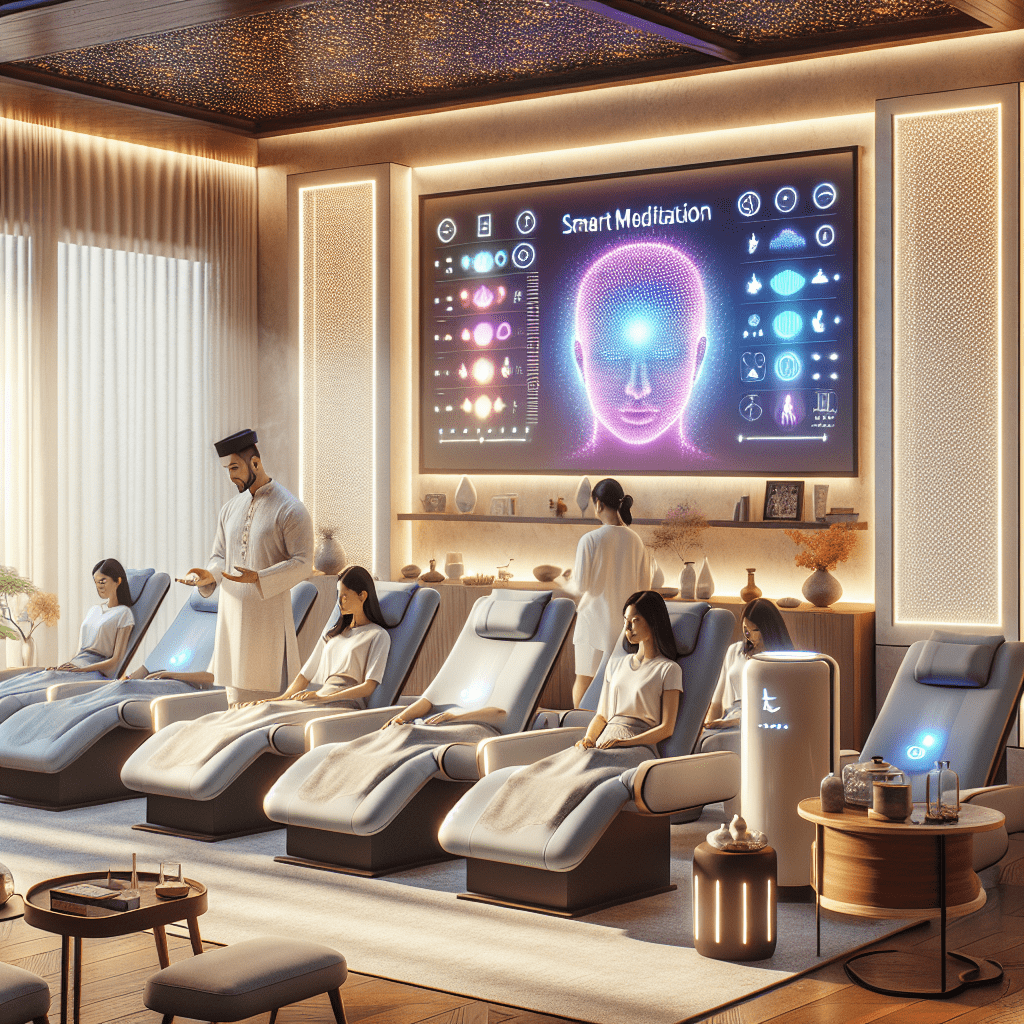
Prioritize your mental well-being daily. Enhance your life by nurturing your mental health with the Smart Meditation app. Break free from stress, alleviate anxiety, and enhance your sleep quality starting today.
Does Alcohol Affect Anxiety?
The Intricate Dance Between Alcohol and Anxiety
Ever wondered why a glass of wine or a pint of beer seems almost therapeutic after a long, stress-ladened day? Or perhaps why some folks swear by “liquid courage” to sail through social gatherings? It’s no secret – alcohol has etched a role in our societal fabric, serving as a go-to elixir for unwinding and easing into comfort zones. However, there’s a flip side to this seemingly blissful equation – the intricate relationship between alcohol consumption and anxiety. Let’s dive into the nitty-gritty of how alcohol, though seemingly a friend, might just be frenemies with our mental well-being.
The Initial Honeymoon Phase
Picture this: It’s Friday evening, and the workweek’s worries are behind you. You’re sipping on your favorite drink, feeling the day’s tension melt away. Initially, alcohol acts as a depressant on the central nervous system, slowing down brain function and neural activity. This slowdown is what contributes to that initial feeling of relaxation and euphoria. The body releases dopamine, the feel-good neurotransmitter, giving rise to a fleeting, euphoric high. But, as with most honeymoons, this phase doesn’t last forever.
The Morning After: Anxiety’s Ugly Head Resurfaces
Ever heard of “hangxiety”? It’s the colloquial term that perfectly captures the spike in anxiety levels many experience after a drinking binge. Once the initial haze of intoxication wears off, the body goes into overdrive to excrete the toxins, leading to physiological stress that can manifest as increased heart rate, nausea, and sweating. These symptoms can trigger or exacerbate feelings of anxiety, especially in individuals predisposed to anxiety disorders. Moreover, if you’re in the habit of reaching for a drink to dodge anxiety-inducing scenarios, you might be caught in a vicious cycle of dependency without addressing the root cause of your stress.
The Unseen Ripple Effects
Beyond the immediate aftermath, chronic alcohol consumption can rewire the brain’s neural pathways, affecting the neurotransmitters responsible for mood regulation. This can lead to a dampening of the brain’s ability to naturally combat stress, making anxiety a more frequent and unwelcome guest in your life. Furthermore, the social, professional, and health ramifications of prolonged alcohol use can become additional sources of anxiety. It’s a domino effect; a cascade of consequences that exacerbates the very problem one hoped to escape from.
Navigating Through the Haze: Strategies for Managing Anxiety
Acknowledging the paradoxical relationship between alcohol and anxiety is the first step toward healthier coping mechanisms. Here are some actionable steps to consider:
-
Moderation is Key: Enjoying alcohol in moderate amounts is less likely to trigger anxiety symptoms. Familiarize yourself with what constitutes a “standard drink” and aim to stay within recommended guidelines.
-
Seek Healthier Alternatives: Explore other avenues for stress relief, such as exercise, meditation, or engaging in hobbies. These activities promote dopamine production without the adverse effects of alcohol.
-
Know When to Seek Help: If you find yourself unable to manage anxiety or cut down on alcohol independently, professional help, such as therapy or support groups, can offer invaluable guidance.
-
Education and Awareness: Arm yourself with knowledge about how alcohol impacts mental health. Understanding the science behind the scenes can empower you to make informed decisions.
In the grand scheme, it’s pivotal to recognize the fleeting solace alcohol provides against the backdrop of its potential to amplify anxiety. By fostering awareness and embracing healthier coping strategies, one can navigate through life’s stressors without falling into the alcohol-anxiety trap. After all, in the quest for mental well-being, knowledge and moderation are indeed power.





